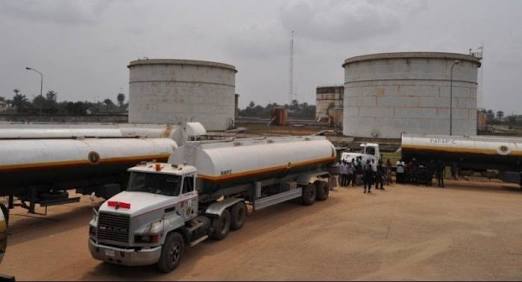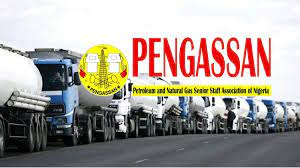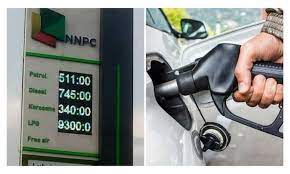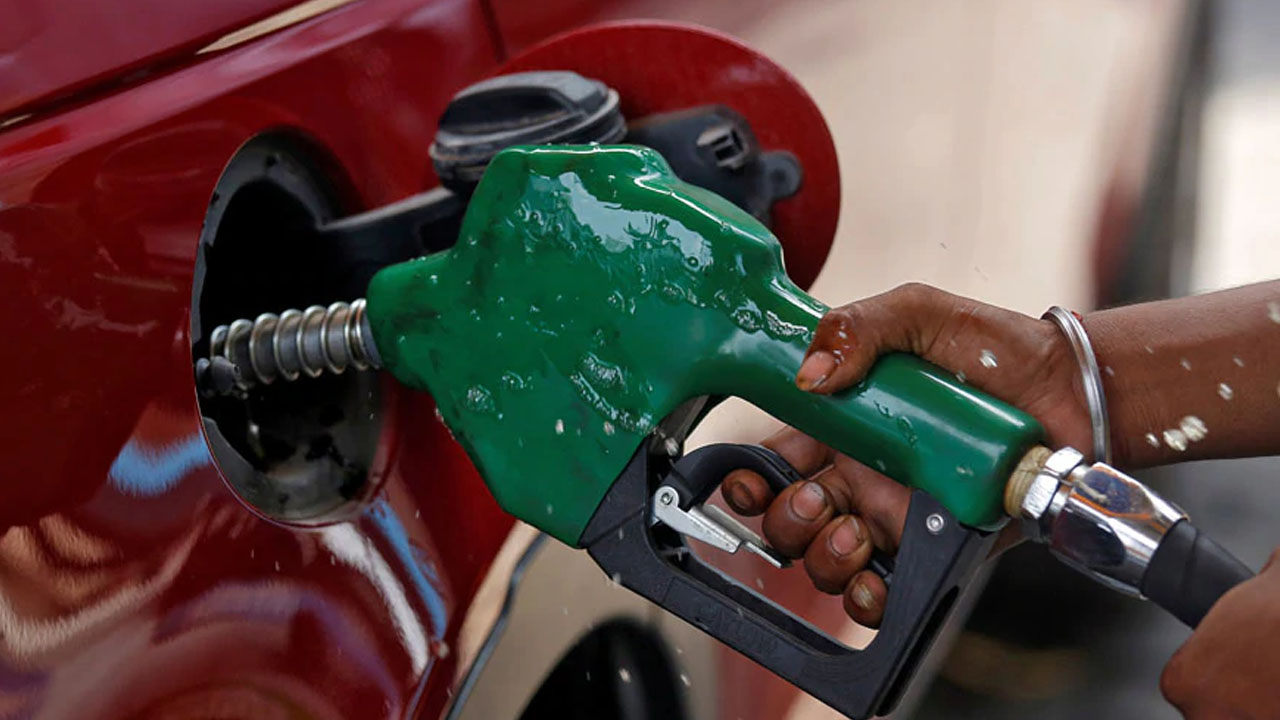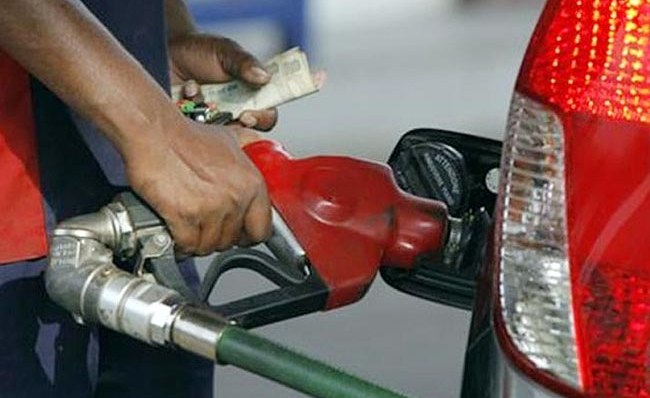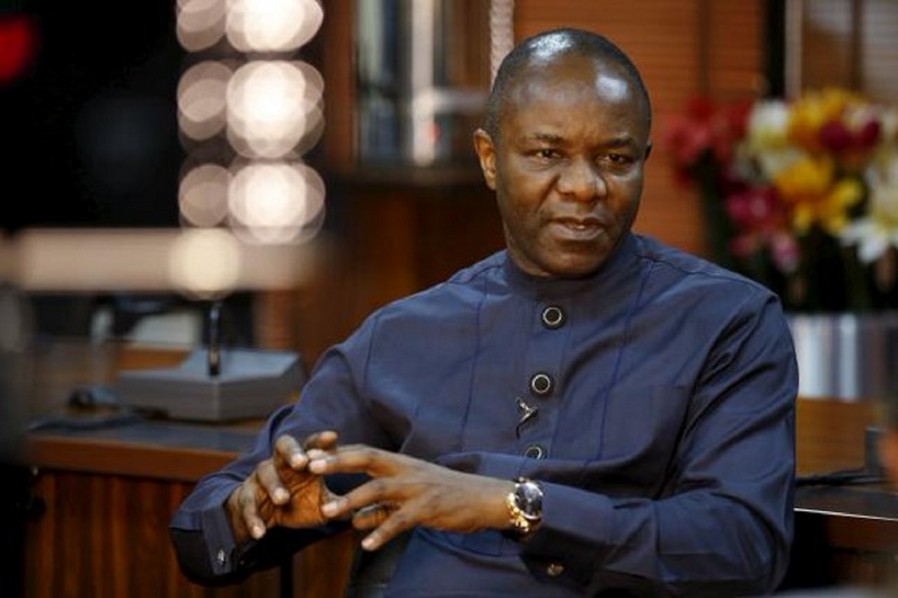NNPC’s Group Managing Director Maikanti Baru has revealed that no fewer than 4,500 trucks of petrol were diverted at the height of fuel scarcity in December.
While speaking before a meeting of the joint committee of the Senate and House of Representatives, Baru said the diversion was the major reason for the energy crisis.
“We noticed in the data analysis that up to 4,500 trucks did not complete the ‘acquilla process.”
According to him, a tanker returns to the ‘loading point’ after it has discharged it’s cargo to a particular filling station, for verification that the products had reached the destination.
“We are not just saying this, we have proof. These 4,500 trucks that did not return, are believed to have been diverted. And investigations are ongoing to know if they have really been diverted”, he said.
A rumour in the media, of an impending hike in pump price, also contributed to the scarcity, he said.
“We tackled that by reassuring Nigerians that there is sufficient supply and there is no issue concerning the increase in price of fuel, the DPR have not made any announcement and we have not been directed by the Federal Government to increase the price of fuel.
“PENGASSAN decided to announce a strike action from the 18th of December which led to panic buying. People with more than one car came out to fill all the cars and some even bought in jerry cans to save for the future,” he said.
Speaking on actions taken to resolve the scarcity, the GMD explained that the NNPC has increased its surveillance in partnership with DPR and the Nigerian Security and Civil Defence Corps.
“We directed 24 hours operation in all depots to ensure 24 hours loading of products. NNPC, in response to the crisis, brought in six extra cargoes, 300 million litres, as additional imports to increase sufficiency. We have re-activated and re-streamed the
Kaduna and Port-Harcourt refineries. Kaduna has been contributing 3.25 million barrels per day and Port-Harcourt contributes 3 million,” he said.
While sympathising with Nigerians over the discomfort experienced, Baru said the queues “have disappeared from the filling stations in Abuja for about a week now and in Lagos for over 10 days.”
He further explained that Nigerians consume between 27 and 35 million litres of PMS per day, adding that due to ”massive diversion, hoarding, panic buying and smuggling, coupled with information that three DSDP consortia had rejected October cargoes, there was insinuation of a supply gap.”
“Our surrounding countries are selling for not less than N300 and above. Countries like Cameroon sell for N407. That large price differential, N145 to N400, is a large prospect for smugglers,” he said.
He also noted there are complaints that the Independent Petroleum Marketing Association of Nigeria (IPMAN) charged N133.28 per litre, ‘although there was no evidence.”
“If any member of IPMAN or DAPPMA was caught, they would have been sanctioned and their licences seized.
“PTD and NARTO also complain that they have aged trucks, high duty tariffs on spare parts as well as bad roads and unions complain of shortage of manpower and outstanding payments,” he said.
Baru suggested sustained sanctions on erring marketers and vigilance by regulators.

 Entertainment5 days ago
Entertainment5 days ago
 Health1 week ago
Health1 week ago
 Health4 days ago
Health4 days ago
 Football1 week ago
Football1 week ago
 Football1 week ago
Football1 week ago
 Crime4 days ago
Crime4 days ago
 Crime1 week ago
Crime1 week ago
 Education6 days ago
Education6 days ago
